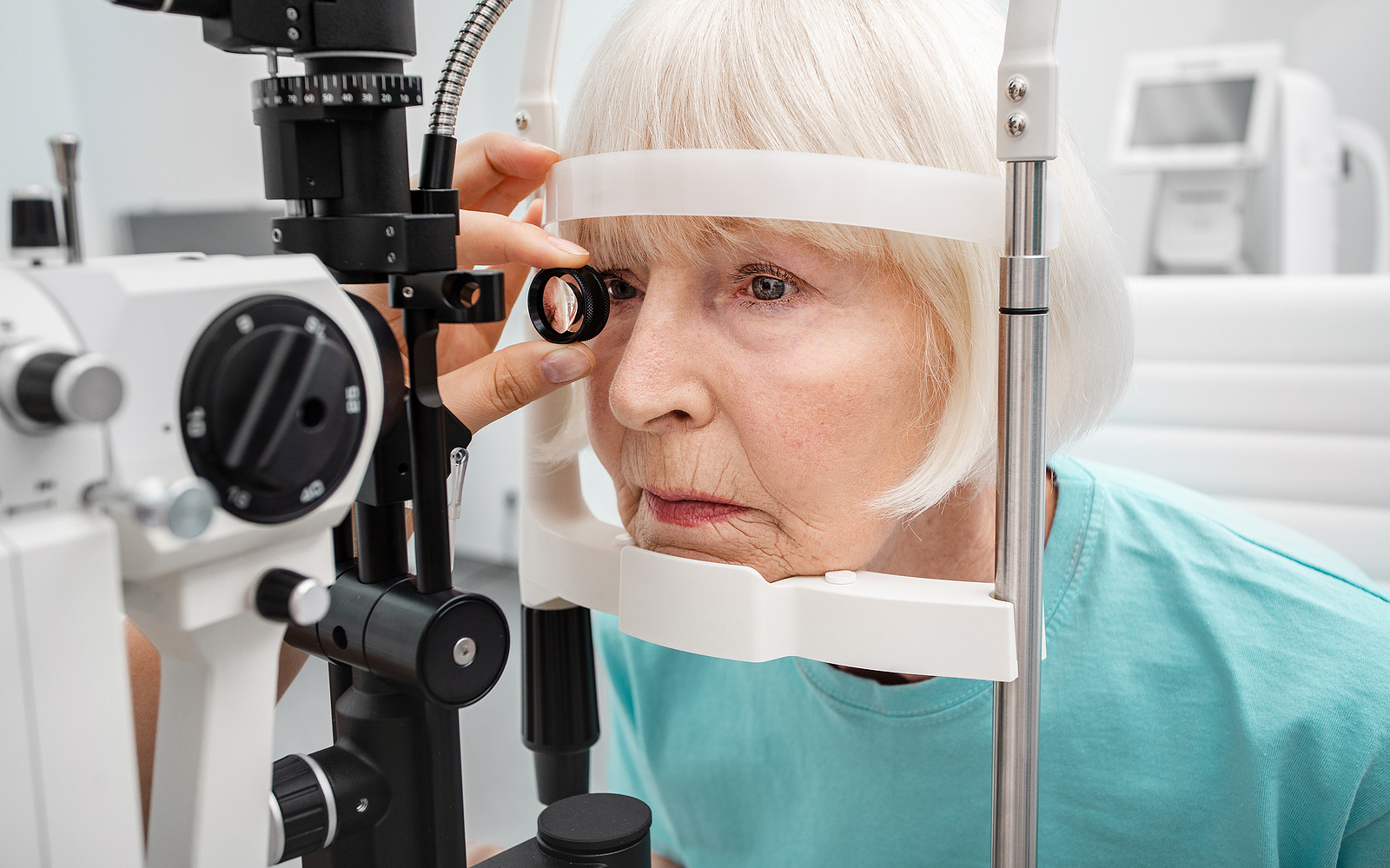Can the Right Lighting Improve Your Health and Productivity?

Light doesn’t just allow us to see — it also affects our eye health, mood, and productivity.
In addition to being necessary for vision, light helps keep our biological clocks synched to the standard 24-hour cycle. It also affects our alertness, cognition, and even how well we perform certain tasks.
While this might seem obvious — brighter, white lights are more energetic and wakeful, for instance, while softer, yellow lights are more conducive to relaxation — the science behind this phenomenon is actually quite complex.
Learn more about the connection between light and motivation — and how you can improve your productivity.
How Our Eyes React to Light
The eyes contain photoreceptors called rods and cones. These light-sensitive cells work together to allow us to see color, navigate low- and high-light situations, and control our depth perception.
In the past two decades, researchers have discovered a new kind of photoreceptor called melanopsin, which is extremely sensitive to blue light. Blue wavelengths are beneficial during the day — they’ve been shown to improve attention, mood, and reaction time — but in the evening or at night, they can be disruptive to natural sleep patterns.
Originally thought only to be present in the eyes of invertebrate animals like frogs, scientists have found that melanopsin also occurs in human eyes, and contributes to the non-visual ways that our bodies respond to light. These findings also indicate that light changes throughout the day correspond to changes in our cognitive behavior and ability, meaning that using intelligently designed lighting systems can help keep us alert and energized.
Light in the Workplace
If you work in an office, you probably know that everyone has an opinion about the lighting situation. And for good reason — lighting is actually directly tied to productivity. Dim lighting requires the eyes to work harder, which can lead to drowsiness, eye strain, headaches, and lack of focus — symptoms which are obviously not conducive to a healthy work environment. On the other hand, lighting that is too bright or harsh can be just as disruptive, with fluorescent lights being especially bad contributors to eye strain and migraine headaches.
Natural light is the best solution for office productivity, and windows are often the best way to incorporate more of it into workspaces. The effects of this are two-fold: not only are we able to see more clearly, but the blue wavelengths present in natural light engage the melanopsin receptors in our eyes, which helps boost attention, mood, performance, and even hormonal balances. Shifting toward natural lighting in workspaces has even been shown to reduce employee absences while increasing satisfaction and productivity.
If you’re curious to learn more about the effects that light has on your eyes, or if you think you have a vision problem that needs attention, don’t hesitate to make an appointment at our Mesa and Chandler locations today. Our team of expert optometrists and ocular surgeons are here to ensure that your vision is as clear and sharp as possible — and that your eyes stay healthy in the years to come.
[DISPLAY_ULTIMATE_SOCIAL_ICONS]








